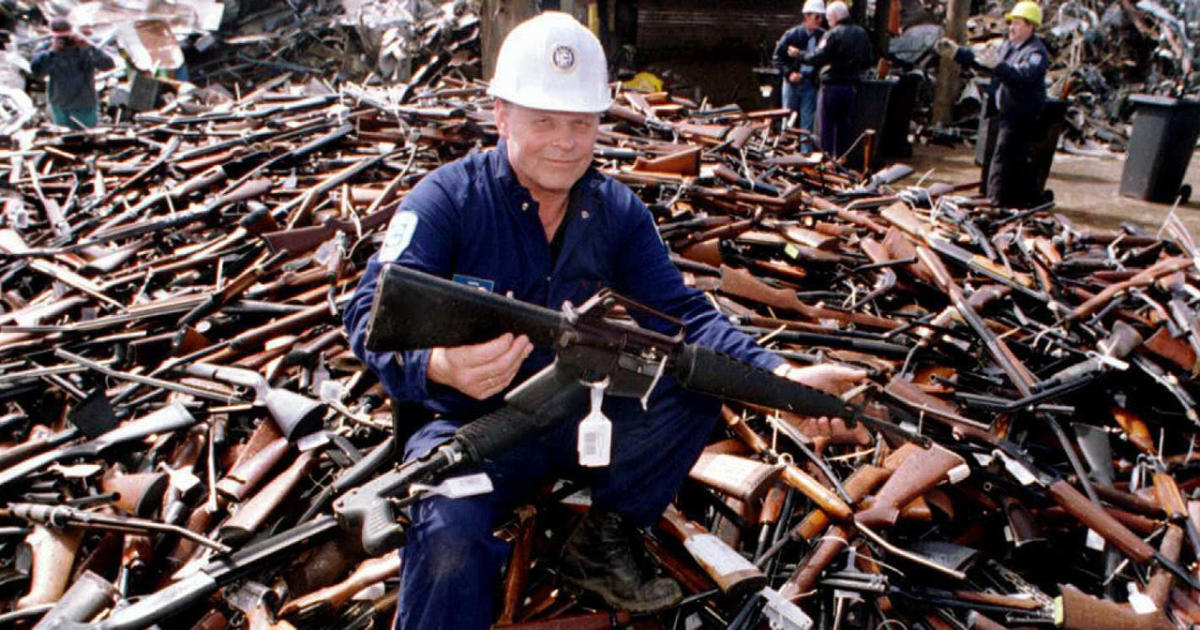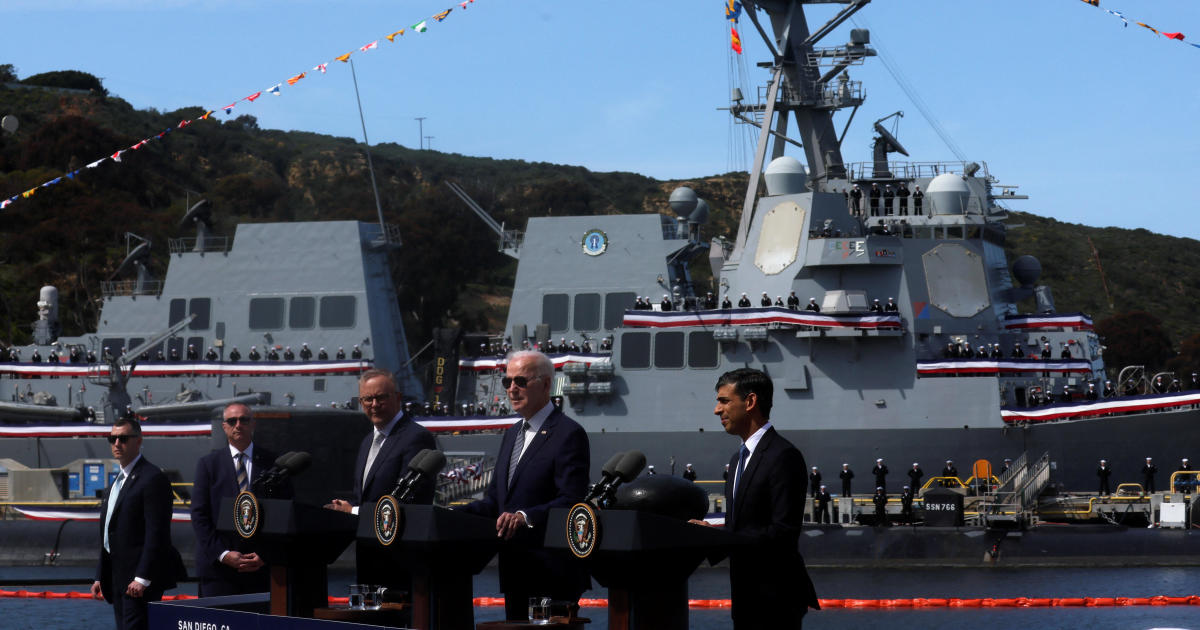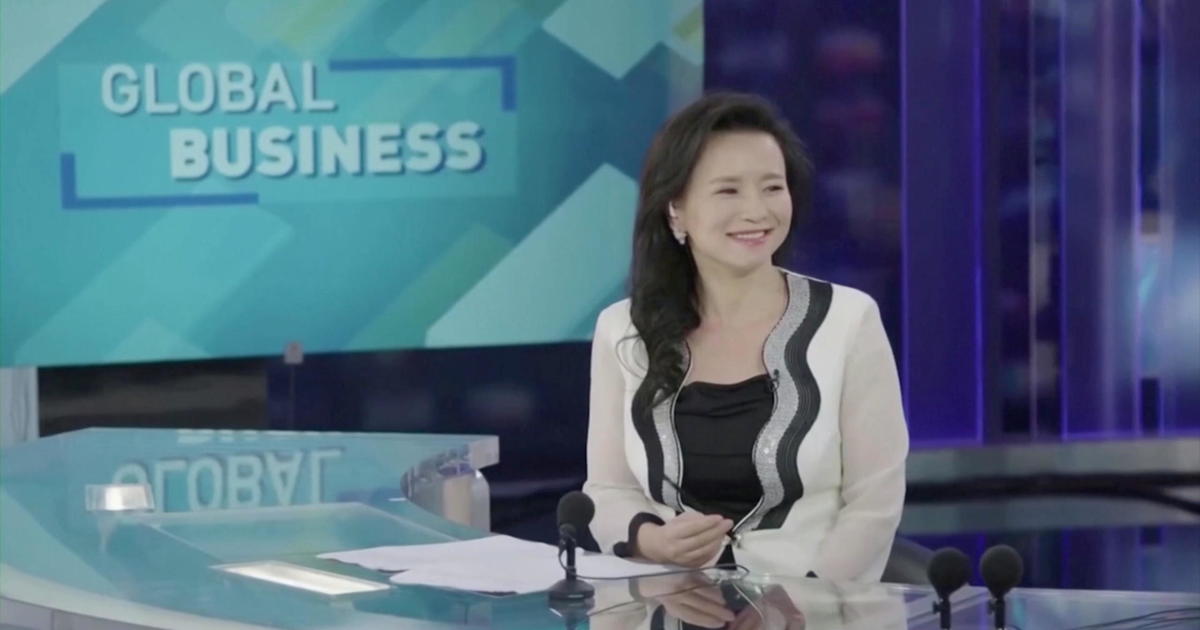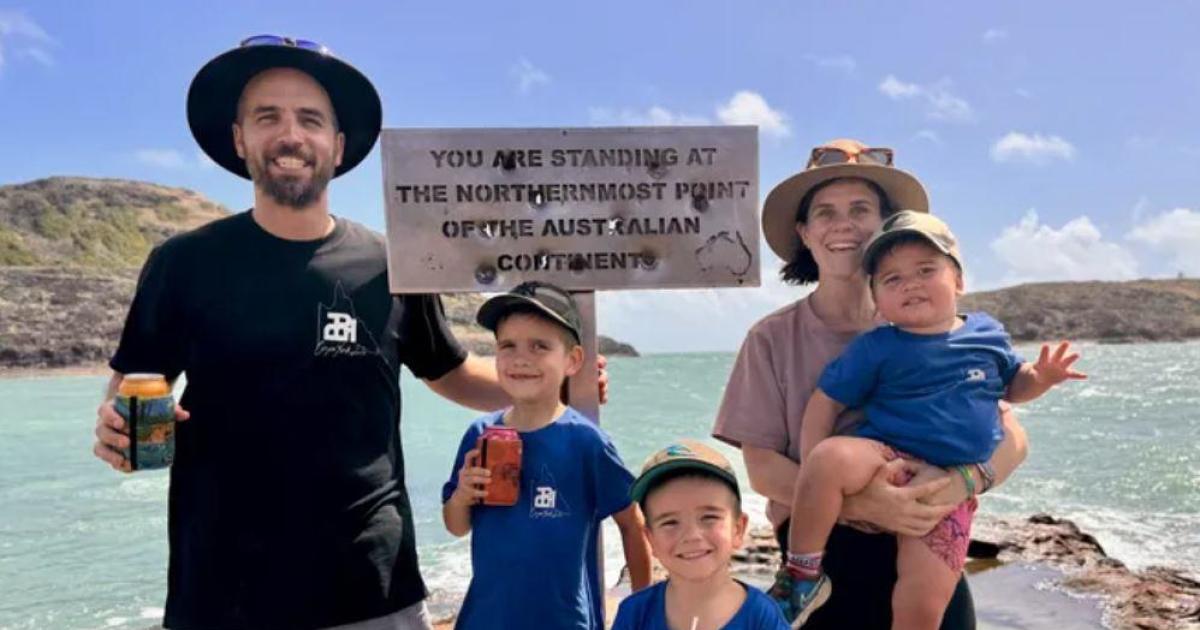[ad_1]
There was no clear indication on Thursday as to whether the Texas school shooting might prompt American lawmakers to tighten U.S. gun laws. Many people in other countries that have experienced their own mass shootings struggle to comprehend that fact.
CBS News senior foreign correspondent Holly Williams in London said many Britons feel a special bond with the U.S., and it has been painful for them to see American children killed like this. But the pain is often clouded by confusion, as the U.K., like other countries that have witnessed massacres, have seen their government bring in tougher gun control laws in relatively short order.
In 1996, the United Kingdom was horrified by the murder of 16 young children and their teacher by a lone shooter who attacked a school in Dunblane, Scotland. It was the deadliest mass shooting in British history.
After a grassroots campaign, the government banned the private ownership of most handguns the next year. Semi-automatic firearms were already illegal for private ownership.
In Australia, also in 1996, a lone gunman murdered 35 people in Port Arthur. In response, the then-Conservative Australian government banned nearly all semi-automatic rifles and shotguns and launched a program to buy back more than 600,000 of the weapons from people who already owned them.
WILLIAM WEST/AFP/Getty
“The greatest civil right you have is to stay alive,” John Howard, the Australian Prime Minister who ushered in the legal changes, told CBS News in 2015. “Staying alive and being free from random attack is a far more precious right than gun ownership.”
That year, CBS News went to Australia and found the nation’s tough gun control laws widely popular, even with a gun shop owner in Sydney.
“If you were in America, you’d probably sell a lot more guns and make a lot more money,” Williams asked the owner, Steve Ballas, back then.
“Yeah,” he replied. “I suppose sometimes, it’s not all about the money.”
From Columbine to Sandyhook and Parkland, school shootings have broken American hearts time and time again. But those tragedies have prompted no major changes to gun ownership laws in the U.S.
Why?
“We’ve got a gun lobby, a corporate gun lobby that has its tentacles so deeply into our political process,” said Dr. Jonathan Metzl, a sociologist who told CBS News he’s witnessed the gun lobby pressure American politicians into withholding support for new laws by threatening to withdraw campaign finance.
“The lesson of those other countries is really that people came together across the political divide,” he said.
Asked if that political unity was only possible outside the U.S. because other countries lack powerful political gun lobbies like America’s, Metzl didn’t hesitate:
“100% yes,” he told Williams. “Definitely, yes.”
In New Zealand, a gunman attacked two mosques in 2019, killing 51 people. Once again, the massacre sparked prompt legal changes, in the form of a ban on military or assault-style semi-automatic weapons.
This week, Prime Minister Jacinda Ardern explained the motivations and actions of her country, and her government.
“We are a very pragmatic people,” she said on The Late Show with Stephen Colbert. “When we saw something like that happen, everyone said ‘never again.’ Now, we have legitimate needs for guns in our country, like pest control and to protect our biodiversity. But you don’t need a military-style semi-automatic weapon to do that. So we got rid of them.”
Australia saw gun deaths plummet after its new laws came into effect. In the U.K., there are so few guns on the streets that even the police don’t generally carry firearms.
And while the U.S. has seen more than one mass shooting per day on average this year, in other wealthy countries, they remain extremely rare.
[ad_2]





